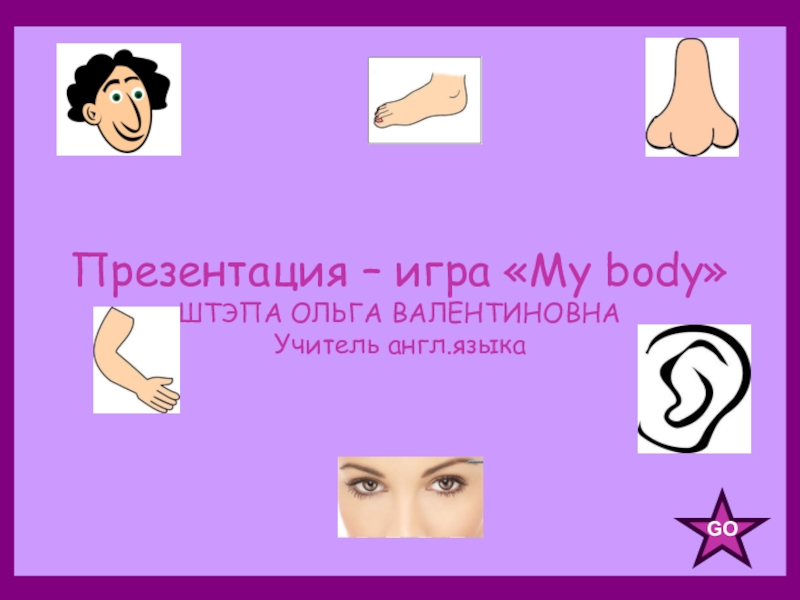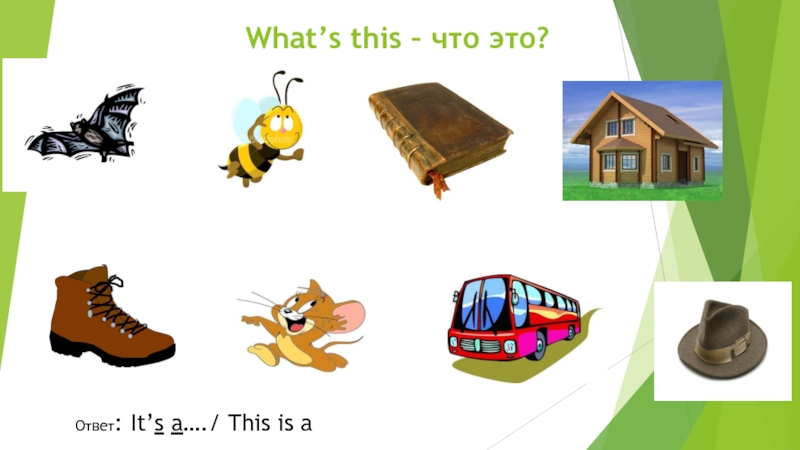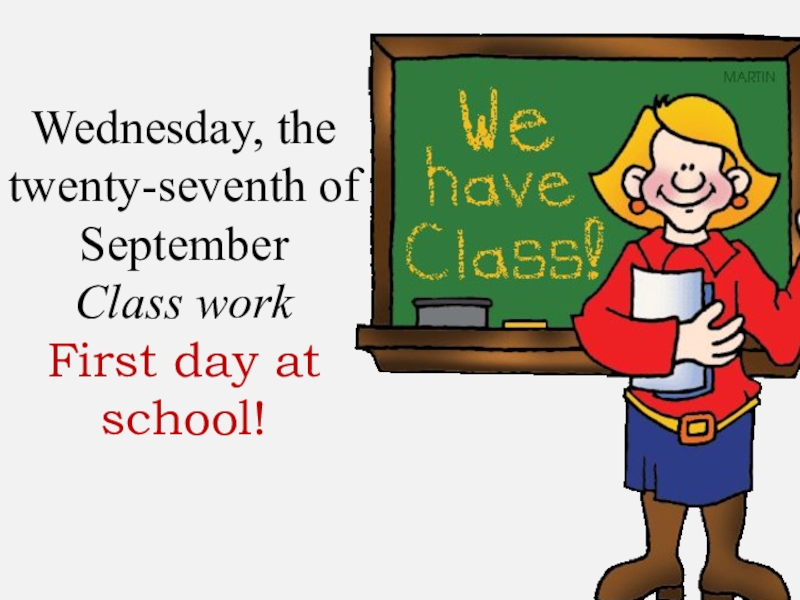- Главная
- Разное
- Образование
- Спорт
- Естествознание
- Природоведение
- Религиоведение
- Французский язык
- Черчение
- Английский язык
- Астрономия
- Алгебра
- Биология
- География
- Геометрия
- Детские презентации
- Информатика
- История
- Литература
- Математика
- Музыка
- МХК
- Немецкий язык
- ОБЖ
- Обществознание
- Окружающий мир
- Педагогика
- Русский язык
- Технология
- Физика
- Философия
- Химия
- Шаблоны, фоны, картинки для презентаций
- Экология
- Экономика
Презентация, доклад на тему Present Perfect Tense (11 form)
Содержание
- 1. Present Perfect Tense (11 form)
- 2. Present Perfect Recent Events The present perfect
- 3. Indefinite EventsThe event may be connected with
- 4. Compared With Past Simple Events described using
- 5. Definite PlacesIf we think of a definite
- 6. Extended or Repeated Events Present Perfect Simple
- 7. Present Perfect Continuous The present perfect continuous
- 8. Present Perfect Simple The present perfect simple
- 9. Contrasts Between Simple and ContinuousWith Examples
- 10. Not Completed Actions Use of the present
- 11. Completed ActionsUse of the present perfect simple
- 12. The present perfect simple describes indefinite events.
- 13. Compare: A: 'What's the matter?'
- 14. Events described with the present perfect simple
- 15. The present perfect continuous emphasises the length
- 16. ForFor refers to a finished or unfinished
- 17. Since Since refers to the point at
- 18. AgoAgo refers to the time of a
- 19. Yet and AlreadyThey show that an action
- 20. Other Time Expressions‘’ up to now ‘’,
- 21. Exercises
- 22. From the minute he got up this
- 23. Sorry, could you say that again? I
- 24. I don't think we'll go swimming after
- 25. Did you two meet / Have you
- 26. E.D.Dilfem Language CourseIstanbul
Present Perfect Recent Events The present perfect simple is used to describe recent events without a definite time. The idea of time or place in the speaker's mind makes the event recent. A time expression may
Слайд 2Present Perfect
Recent Events
The present perfect simple is used to describe recent
events without a definite time. The idea of time or place in the speaker's mind makes the event recent. A time expression may emphasize recentness.
I've left my shopping bag behind.
I've just broken my watch.
2. We can also describe events that have not happened.
I haven't found her phone number yet.
I've left my shopping bag behind.
I've just broken my watch.
2. We can also describe events that have not happened.
I haven't found her phone number yet.
Слайд 3Indefinite Events
The event may be connected with the present, because the
result of the event is present. No definite time is given for the event.
I've broken my arm, as you can see.
I have cleaned the car. It is clean now.
I have finished writing the shopping list, I can go shopping now.
I've broken my arm, as you can see.
I have cleaned the car. It is clean now.
I have finished writing the shopping list, I can go shopping now.
Слайд 4Compared With Past Simple
Events described using the past simple have definite
times.
I went to France last year.
2. The tense used can depend on the time expression.
This is the first time I have eaten Japanese food.
I went to France last year.
2. The tense used can depend on the time expression.
This is the first time I have eaten Japanese food.
Слайд 5Definite Places
If we think of a definite place for an event,
this may suggest a definite time.
I left my shopping bag on the train.
I took pictures of Blue Mosque.
I left my shopping bag on the train.
I took pictures of Blue Mosque.
Слайд 6Extended or Repeated Events
Present Perfect Simple
With verbs that describe states, the
present perfect simple describes a state which lasts up to the present.
I've lived in this house for five years.
I haven’t seen her for two years.
I've lived in this house for five years.
I haven’t seen her for two years.
Слайд 7Present Perfect Continuous
The present perfect continuous can also describe a state
which lasts up to the present moment.
I've been living in this house for five years.
There is little difference of meaning between simple and continuous in this case, or with How long questions. The verbs sit, lie, wait, stay prefer the present perfect continuous.
How long have you been waiting?
I've been living in this house for five years.
There is little difference of meaning between simple and continuous in this case, or with How long questions. The verbs sit, lie, wait, stay prefer the present perfect continuous.
How long have you been waiting?
Слайд 8Present Perfect Simple
The present perfect simple can describe a repeated action
in a period of time up to the present moment.
I've never worn a tie to work, and I refuse to start now!
I've never worn a tie to work, and I refuse to start now!
Слайд 10Not Completed Actions
Use of the present perfect continuous can suggest that
an action is not completed, or has recently finished.
We've been walking for hours! Let's have a rest.
I've been digging the garden. That's why I'm so dirty!
He is out of breath, because he has been running.
We've been walking for hours! Let's have a rest.
I've been digging the garden. That's why I'm so dirty!
He is out of breath, because he has been running.
Слайд 11Completed Actions
Use of the present perfect simple can show that an
action is complete. Giving the number of actions suggests completion.
I've written ten pages of my homework assignment!
He has seen five films this week.
We have eaten ten sandwiches since we woke up.
I have run two miles this morning.
I've written ten pages of my homework assignment!
He has seen five films this week.
We have eaten ten sandwiches since we woke up.
I have run two miles this morning.
Слайд 12
The present perfect simple describes indefinite events.
These events take place
in a period of time leading up to the present moment, or the result of the event is still present. No definite time is given.
The choice between the present perfect simple and the past simple can depend on how the speaker thinks.
The choice between the present perfect simple and the past simple can depend on how the speaker thinks.
Слайд 13Compare:
A: 'What's the matter?' 'I've had an accident.'
B: 'What's
the matter?' 'I had an accident.'
In the second example, the speaker thinks of the event as finished rather than still connected with the present.
In the second example, the speaker thinks of the event as finished rather than still connected with the present.
Слайд 14
Events described with the present perfect simple may be recent, or
not.
I have just finished polishing my shoes.
I haven’t seen her for ages.
She has dyed her hair yellow.
( The action is complete, it is yellow now and
Evidence in the present.)
I have just finished polishing my shoes.
I haven’t seen her for ages.
She has dyed her hair yellow.
( The action is complete, it is yellow now and
Evidence in the present.)
Слайд 15
The present perfect continuous emphasises the length of time of an
action. It suggests that the action is unfinished, or recently finished. The present perfect continuous is not used where the completion of an action is emphasised.
I've been reading. (Completion is not emphasised)
I've read this book. (Completion is emphasised)
I have been running
I have run two miles.
I've been reading. (Completion is not emphasised)
I've read this book. (Completion is emphasised)
I have been running
I have run two miles.
Слайд 16For
For refers to a finished or unfinished period of time.
He's
been sitting there for ages.
I waited for three hours.
and for expresses the duration of an action.
We’ve been here for three months.
I waited for three hours.
and for expresses the duration of an action.
We’ve been here for three months.
Слайд 17Since
Since refers to the point at which an unfinished period
of time began.
(a starting point)
He's been sitting there since two o'clock.
I’ve been here since March.
He has eaten four hamburgers since he came here.
(a starting point)
He's been sitting there since two o'clock.
I’ve been here since March.
He has eaten four hamburgers since he came here.
Слайд 18Ago
Ago refers to the time of a finished event.
And used with
past simple.
Jill arrived a week ago.
We came here two hours ago.
The plane took off five minutes ago.
Jill arrived a week ago.
We came here two hours ago.
The plane took off five minutes ago.
Слайд 19Yet and Already
They show that an action occurred or did not
occur at an indefinite time in the past.
‘’Yet ‘’ is used in negatives and questions and appears at the end of a sentence.
We haven’t had lunch yet.
‘’ Already ‘’ appears between the auxiliary and the main verb.
They have already finished their project.
‘’already ‘’ may also be placed at the beginning or at the end of a sentence.
‘’Yet ‘’ is used in negatives and questions and appears at the end of a sentence.
We haven’t had lunch yet.
‘’ Already ‘’ appears between the auxiliary and the main verb.
They have already finished their project.
‘’already ‘’ may also be placed at the beginning or at the end of a sentence.
Слайд 20Other Time Expressions
‘’ up to now ‘’, ‘’ often ‘’ ,
‘’ as soon as ‘’, ‘’ during the past few days’’, ‘’ lately’’, ‘’ recently’’ , ‘’ just’’ , ‘’ ever ‘’, ‘’ never ‘’ ,‘’ so far ‘’, ‘’ frequently ‘’ , ‘’ finally’’.
He will call you as soon as he has finished his homework.
During the past two days, I have read six chapters.
He will call you as soon as he has finished his homework.
During the past two days, I have read six chapters.
Слайд 22From the minute he got up this morning, Gary asked /
has asked / has been asking silly questions!
Has been asking
4. Have you given / Did you give Helen my message when you have seen / saw her?
Did you give / saw
Has been asking
4. Have you given / Did you give Helen my message when you have seen / saw her?
Did you give / saw
Слайд 23Sorry, could you say that again? I didn't listen / haven't
listened / haven't been listening to you.
haven't been listening
The police think that they found / have found your missing wallet, so call this number.
have found
haven't been listening
The police think that they found / have found your missing wallet, so call this number.
have found
Слайд 24I don't think we'll go swimming after all because the weather
changed / has changed / has been changing.
has changed.
How was your holiday in Italy? Did you visit / Have you visited lots of interesting places?
Did you visit
has changed.
How was your holiday in Italy? Did you visit / Have you visited lots of interesting places?
Did you visit
Слайд 25Did you two meet / Have you two met before? Eric,
this is Amanda.
Have you two met
Did you meet / Have you met anyone interesting at the reception ?
Did you meet
Have you two met
Did you meet / Have you met anyone interesting at the reception ?
Did you meet































